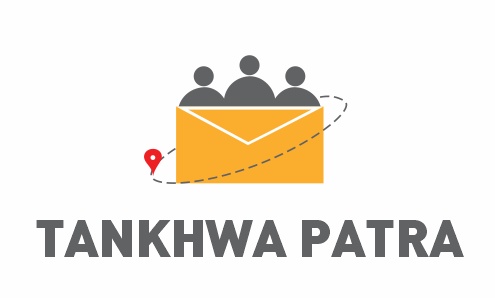In today's rapidly evolving business landscape, human resources (HR) departments play a pivotal role in driving organizational success. To meet the demands of a dynamic workforce and complex regulatory environments, many companies are turning to modern HR software solutions. These innovative tools are designed to streamline HR operations, enhance employee engagement, and ultimately contribute to strategic decision-making. Let's explore how HR software is transforming traditional HR functions:
1. Automated Workflows:
HR software simplifies and automates routine administrative tasks such as payroll processing, leave management, and onboarding. This automation not only saves time but also minimizes errors, ensuring compliance with labor laws and regulations.
2. Enhanced Employee Experience:
Modern HR software focuses on improving the employee experience. Self-service portals empower employees to manage their information, access policies, and request time off independently. This accessibility boosts employee satisfaction and frees up HR professionals to focus on more strategic initiatives.
3. Data-Driven Insights:
HR software offers powerful analytics capabilities that provide valuable insights into workforce trends and performance metrics. By leveraging real-time data, HR teams can make informed decisions related to recruitment, training, and retention strategies.
4. Recruitment and Talent Management:
From sourcing candidates to conducting interviews and making offers, HR software streamlines the entire recruitment process. Advanced tools enable recruiters to track applicants, assess their skills, and build talent pipelines efficiently.
5. Compliance and Risk Management:
Navigating complex labor regulations and ensuring compliance can be daunting. HR software centralizes compliance-related processes, automates reporting, and alerts users to upcoming deadlines, reducing the risk of penalties or legal issues.
6. Performance Management and Feedback:
HR software facilitates ongoing performance management by providing platforms for goal setting, continuous feedback, and performance reviews. These tools foster a culture of transparency and development within the organization.
7. Remote Work Support:
As remote and hybrid work models become increasingly common, HR software enables seamless communication and collaboration among dispersed teams. Virtual meeting tools, performance tracking features, and remote access to HR services are integral to supporting remote workforces.
8. Integration and Scalability:
Most modern HR software systems integrate with other business applications like accounting, CRM, and project management tools. This interoperability streamlines workflows across departments and supports organizational scalability.
Conclusion:
The adoption of modern HR software represents a strategic shift in how companies manage their human capital. By leveraging automation, analytics, and employee-focused features, organizations can optimize HR operations, enhance productivity, and foster a culture of continuous improvement. Investing in HR software is not just about upgrading technology—it's about empowering HR professionals to become strategic partners in driving business growth and innovation.
In summary, HR software is a game-changer for organizations looking to transform HR operations and adapt to the demands of a rapidly changing business environment. By embracing these innovative tools, companies can unlock the full potential of their workforce and achieve sustainable competitive advantage.


No comments yet